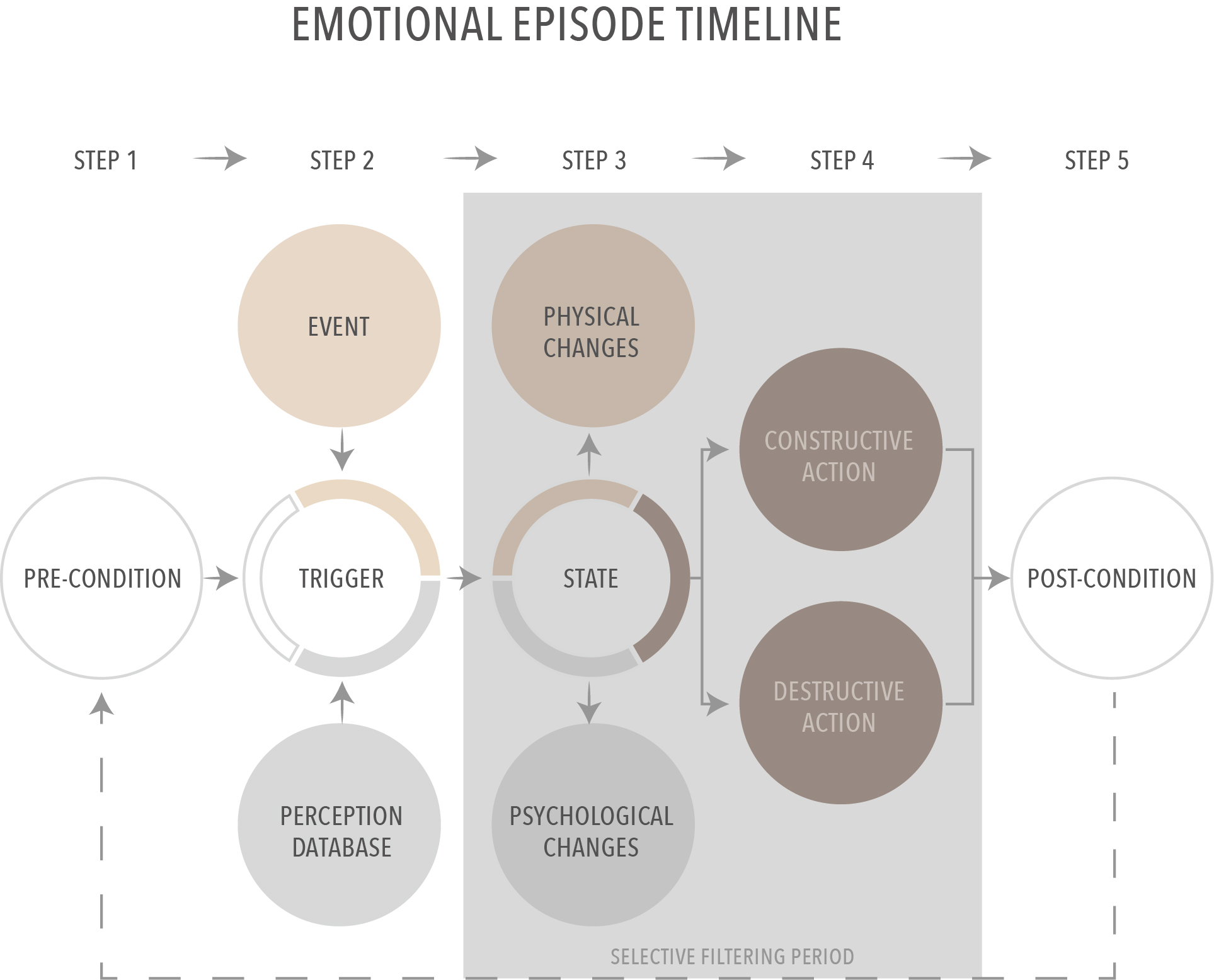What is Emotional Intelligence?
One of the many bi-products of mindfulness practice is the ability to understand the world of emotions and how they operate in the system. Continued and sustained mindfulness practice allows individuals to develop and begin to move towards emotional intelligence. Emotional intelligence (EI) is the process of learning how to identify, access, understand and manage the full range of human emotions.
EI is a set of skills and tools that can be well utilized in formal mindfulness practice as well as the day-to-day events of our busy lives. By employing the concentrative and attention retraining aspects of mindfulness, individuals can gain better access into the nature of their own emotions. Once they are able to respond to the world of emotions with an attitude of non-harming, our emotional life begins to improve. EI can become an ongoing practice of self-inquiry and emotional therapy. It provides the initial tools and framework so we can become empowered to manage our emotions, even with limited outside support.
EI practices work with a 4-stage model.
1. Identifying emotions
2. Accessing emotions
3. Understanding emotions
4. Managing emotions
WHAT IS AN EMOTION? (Defined by: Eve Ekman)
An episode of emotion is a brief, succinct experience which does not always fit our
expectations. Most emotions arise in under a twenty-fifth of a second and last no longer than a few minutes. We often feel as though our emotions last much longer. However, emotion is a process, a very fast, automatic appraisal influenced by our evolutionary and personal pasts, in which we sense that something important to our welfare is occurring and a set of physiological changes and behaviors begin to deal with the situation. Emotions efficiently coordinate diverse response systems, thereby helping us respond to important challenges or opportunities.
Our emotions can lead us to our greatest joys and most painful sorrows. In their most creative capacity, they are guides pointing us towards who we truly are and what is most meaningful in our lives. At their most destructive, we are caught by them: lost in the grip of anger, sadness, fear, or overwhelm. This suffering is something we have all felt, but we can create more space, choice, and ease in the face of it.
Buddhism and Emotional intelligence: Heart Practice Meditation
We develop four specific heart qualities in our meditation practice
1. Kindness: Towards all experience
2. Compassion/forgiveness: Towards the suffering we experience, and have caused.
3. Appreciation: Towards pleasure, enjoyment and success.
4. Equanimity: Understanding the reality of ongoing change
Mindfulness-based programs are designed to allow these individuals to:
1. Develop awareness of personal triggers and habitual reactions and to help them to install a “pause” or a “mental break” from this seemingly automatic process.
2. Change the relationship to discomfort; learning to recognize challenging and difficult emotional and physical experiences and responding to them in a skillful way.
3. Begin to develop a non-judgment and empathetic approach towards oneself.
4. Build a lifestyle that supports mindfulness, awareness and empathy.
.
Emotional intelligence exercises provide a framework for individuals to:
1. Become able to choose what they become emotional about and when.
2. Become able to choose how they act when they have become emotional.
3. Become able to widen the gap between stimulus and response.

